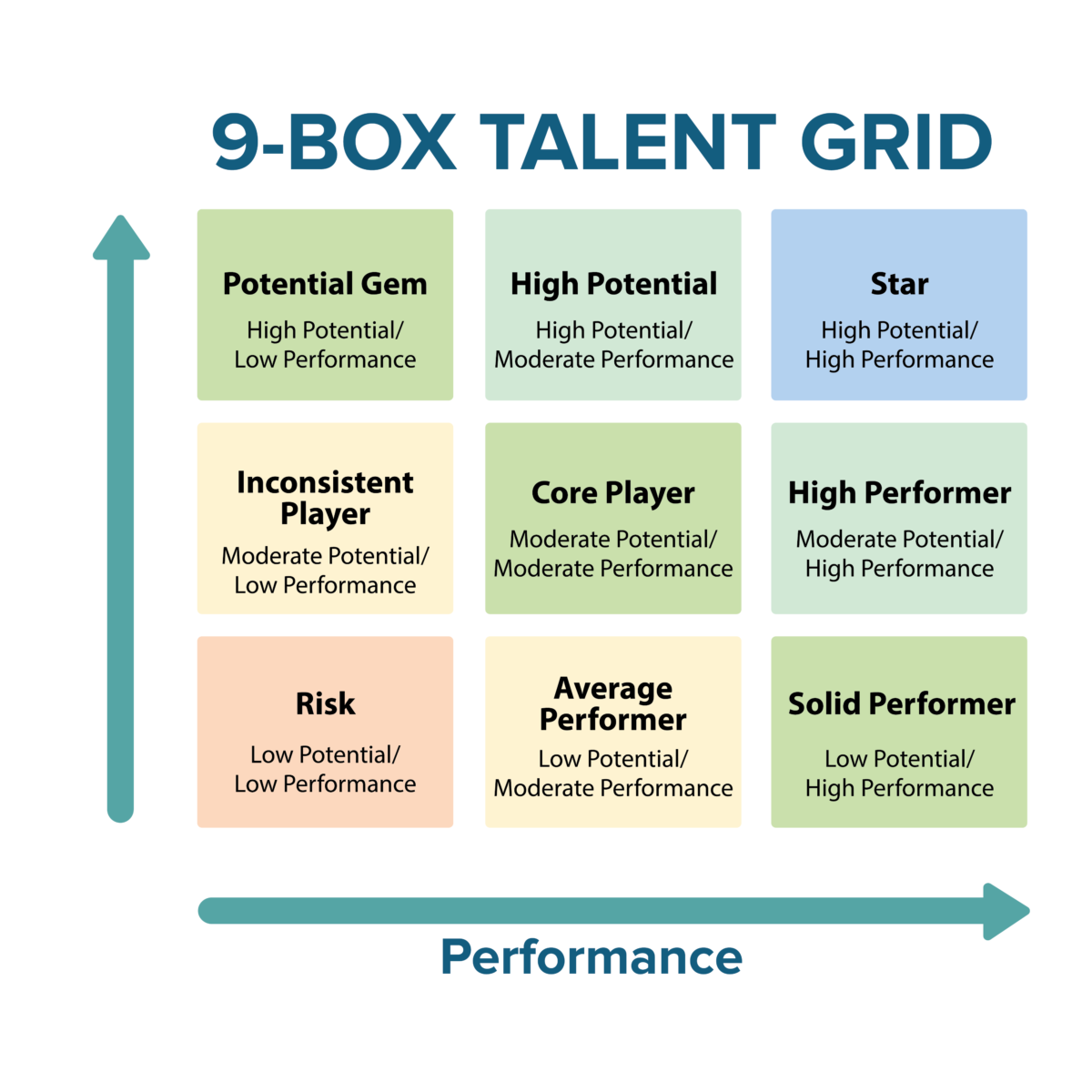Can you have a goal that is too big? Or too small?
In this episode of the podcast, Ricky and Rob explore how we can get in our own way when we pick goals that are either too easy or too hard.
They discuss how our belief in our ability to achieve the goal dramatically impacts how we approach it, so the best goals always fall within a ‘goldilocks’ zone of not too hard and not too easy; falling in the zone of just-right like the best porridge! Even when we have the right level of belief, that on its own is not enough. Rob and Ricky explore how the goal needs to be relevant to us, congruent with our overall priorities, before we will truly allocate the time needed to be successful.






